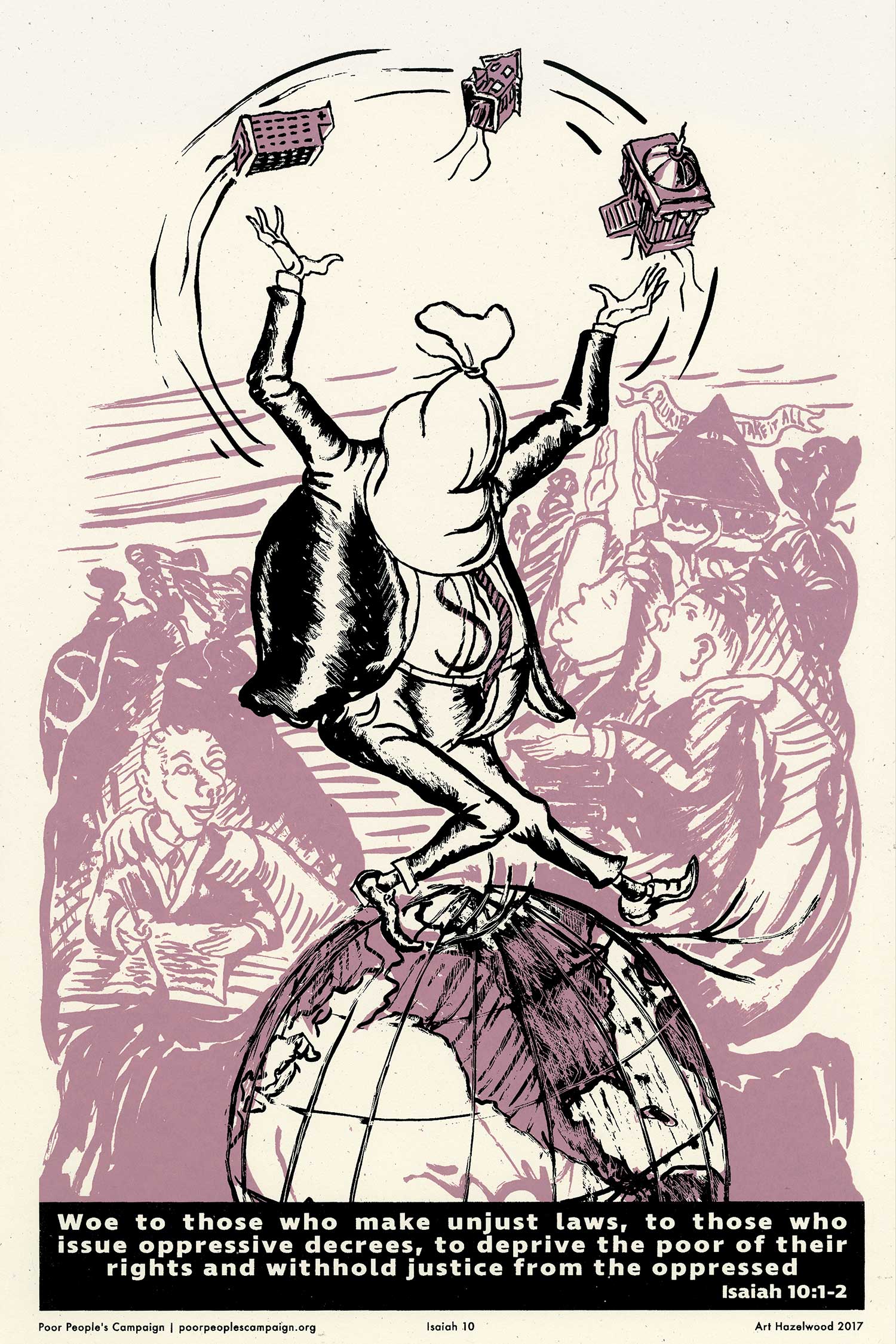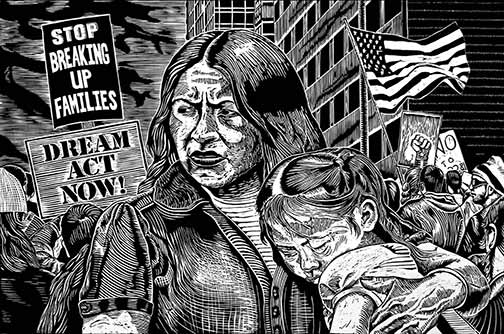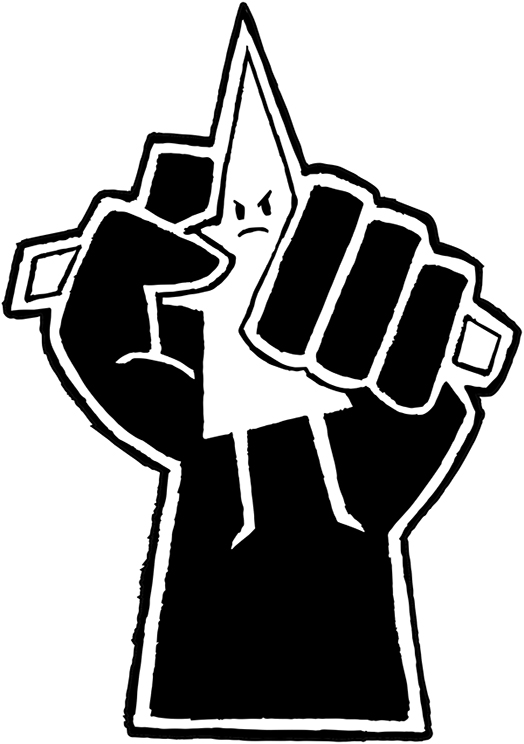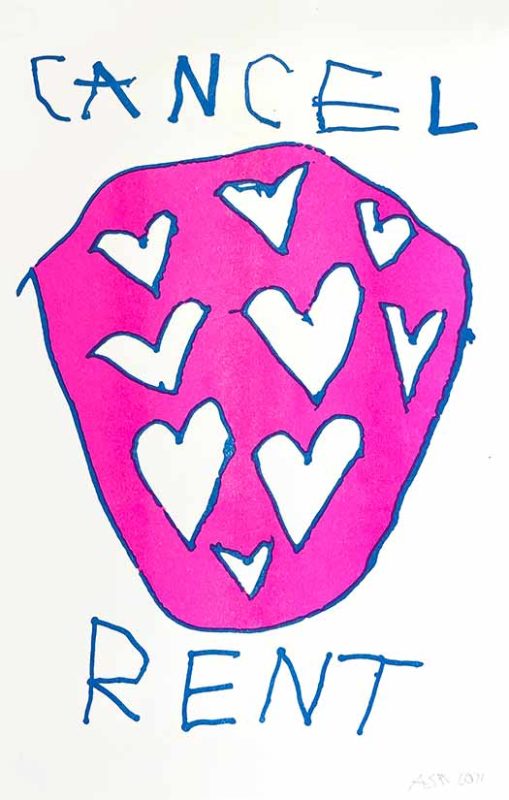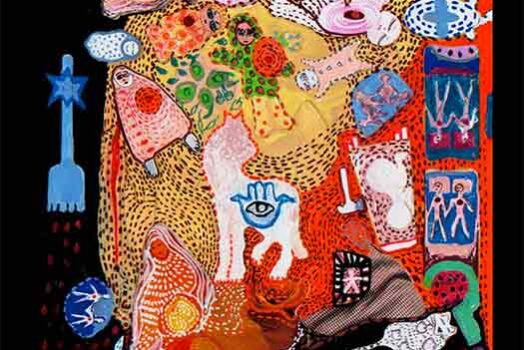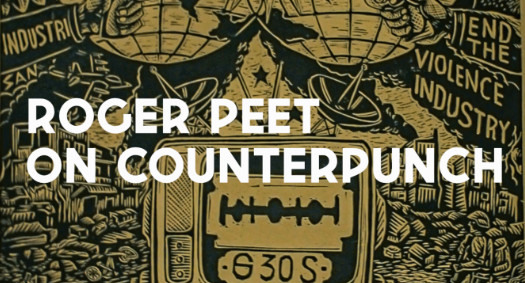The Poor People’s Campaign: A National Call for Moral Revival Portfolio features a series of twenty-five
screenprints by twenty-four artists that express the fundamental principles and core concepts that guide the work of
the new Poor People’s Campaign. On December 4, 1967, Rev. Dr. Martin Luther King Jr. announced plans for a
Poor People’s Campaign and called for the nation to take dramatic steps to end poverty. In the wake of his
assassination the Campaign went forward but fell short of its vision. Fifty years later, a new Poor People’s
Campaign has emerged from over a decade of work by grassroots movements fighting to end poverty, racism,
militarism, and environmental destruction. The Poor People’s Campaign: A National Call for Moral Revival is
building a broad and deep national movement—rooted in the leadership of poor people—to unite from the bottom
up in a Campaign that can bring forth a moral revolution of values to achieve equality and justice for all people.
On the 50th anniversary of Rev. Dr. Martin Luther King Jr. Beyond Vietnam speech, organizers from the new Poor
People’s Campaign reached out to artists across the country with a general call for artwork addressing the themes
central to the Campaign. Justseeds Artists’ Cooperative responded to the call by setting out to make a popular
education portfolio for Campaign activists and organizers to use during regional and local teach-ins in preparation
for the 40 Days of Moral Action that will begin on Mother’s Day, May 2018.
A pen and ink drawing of a rich man dancing on top of the globe of the Earth. He wears a suit and tie with a big dollar sign on his belly. A sack is on his head as he juggles high in the air a miniature apartment building, a house, and a government building. Behind him, judges or lawmakers are taking an oath but are clearly influenced by the giant sacks of money manipulating them. Text below states: “Woe to those who make unjust laws, to those who issue oppressive decrees, to deprive the poor of their rights and withhold justice from the oppressed — Isaiah 10:1-2”.
